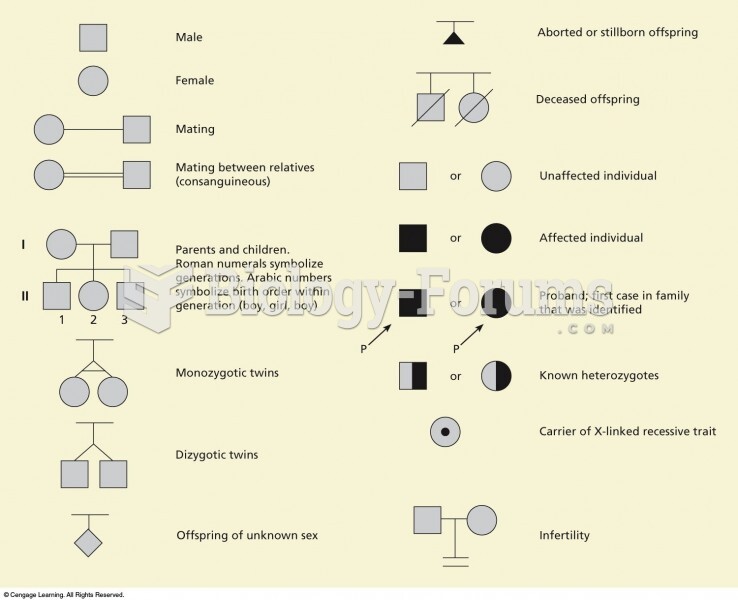|
|
|
In 2012, nearly 24 milliion Americans, aged 12 and older, had abused an illicit drug, according to the National Institute on Drug Abuse (NIDA).
Cancer has been around as long as humankind, but only in the second half of the twentieth century did the number of cancer cases explode.
For pediatric patients, intravenous fluids are the most commonly cited products involved in medication errors that are reported to the USP.
People often find it difficult to accept the idea that bacteria can be beneficial and improve health. Lactic acid bacteria are good, and when eaten, these bacteria improve health and increase longevity. These bacteria included in foods such as yogurt.
Cucumber slices relieve headaches by tightening blood vessels, reducing blood flow to the area, and relieving pressure.






